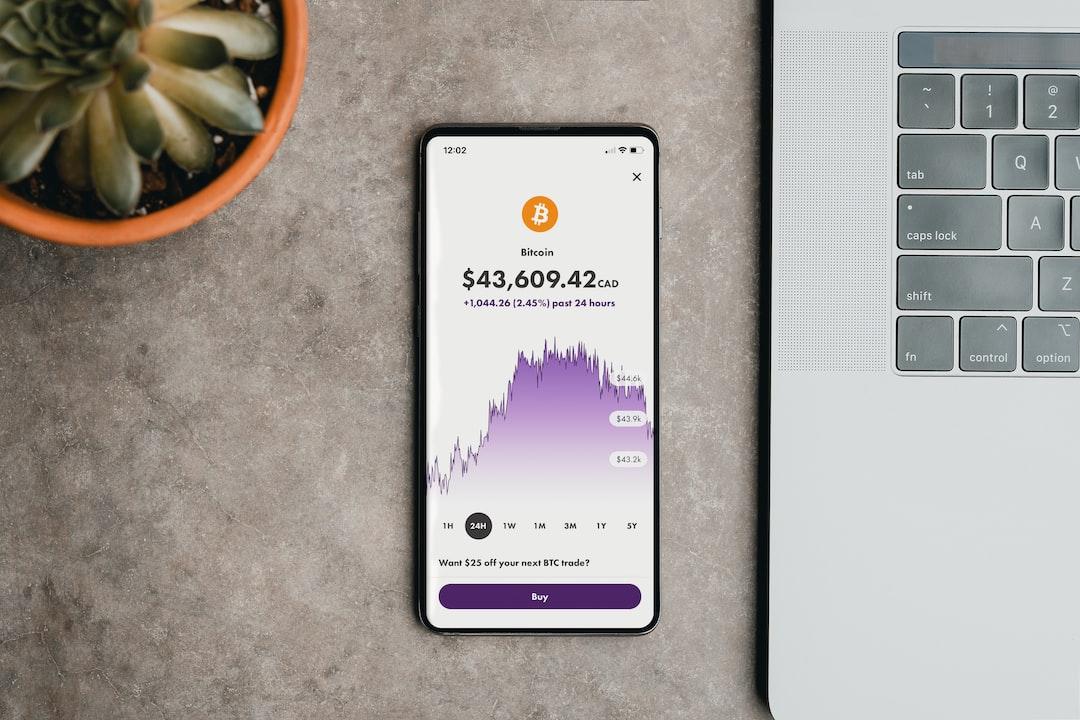Internet connectivity in the most populous country in the world is set to become more decentralized with the introduction of a revolutionary decentralized physical infrastructure network (DePIN). Wifi Dabba, an internet service provider, announced that it plans to deploy over 100,000 DePIN devices across India by the end of the year, aiming to connect those who are currently unconnected.
Despite India’s massive population of 1.43 billion people, the access to broadband connectivity remains low. Only 30 million citizens have regular access to WiFi, and nearly 50% have no access at all. This deployment will mark the second time that Wifi Dabba is issuing its DePIN-connected devices, with the company already reporting a monthly consumption of 90-100 terabytes of paid data.
Wifi Dabba has introduced a unique incentive system where users who own their router hardware can earn Wifi Dabba tokens as a reward for the data consumed by hotspot users. This innovative approach has attracted attention, prompting Cointelegraph to speak with the heads of Wifi Dabba to understand the reasons behind choosing India as the ideal location for deploying DePIN technology.
Karam Lakshman, the CEO of Wifi Dabba, emphasized that India faces a lack of access to internet connectivity for many of its citizens, with major telecom companies focusing primarily on urban areas. Lakshman explained that connecting the entire country could take several decades, not considering the future spikes in data demand. He also highlighted India’s position as the fifth-largest economy and the second-largest holder of crypto, underscoring the urgent need for faster infrastructure development.
Shubhendu Sharma, the chief operating officer of Wifi Dabba, compared the advantages of DePINs to the centralized model dominated by a few telecom firms. He mentioned that the involvement of incentivized deployers, such as local cable operators, allows for accelerated infrastructure expansion. Sharma also emphasized that the involvement of multiple stakeholders and the transparency of the DePIN model can provide users with better services and accountability.
Wifi Dabba’s existing networks in Bangalore have witnessed widespread usage across various economic strata, catering to taxi and delivery drivers as well as corporate executives. The company has also been involved in Google’s local public WiFi initiatives and laser free-space optical communication internet deployments in India, contributing to enhanced internet accessibility nationwide.
DePINs have gained traction in the Web3 space as the next major innovation to bridge the decentralized world with the mainstream. In a notable example, one company used DePIN technology to tokenize 100 Tesla cars on the blockchain, democratizing and decentralizing a ride-sharing initiative in Europe.
Dawn Philip, the communications director for Wifi Dabba, anticipates a significant surge in the adoption of DePINs and supporting services in 2024, particularly in developing nations. This sentiment has been echoed by DeFi executives who believe that the combination of DePINs and artificial intelligence will be the “power duo” of 2024.
In conclusion, Wifi Dabba’s introduction of DePIN technology has the potential to revolutionize internet connectivity in India by decentralizing the infrastructure network. This innovative approach not only addresses the lack of access for many Indians but also presents a scalable solution for other developing nations facing similar challenges.

